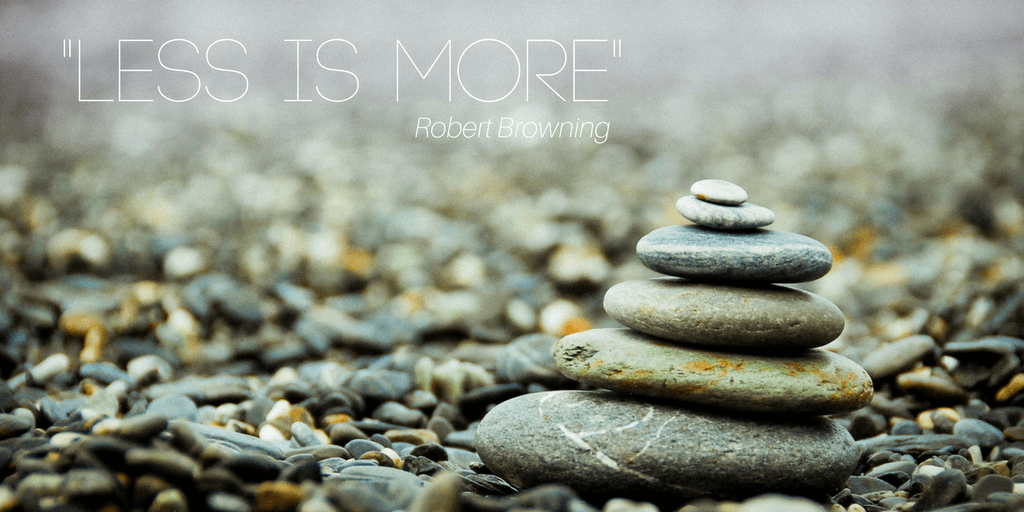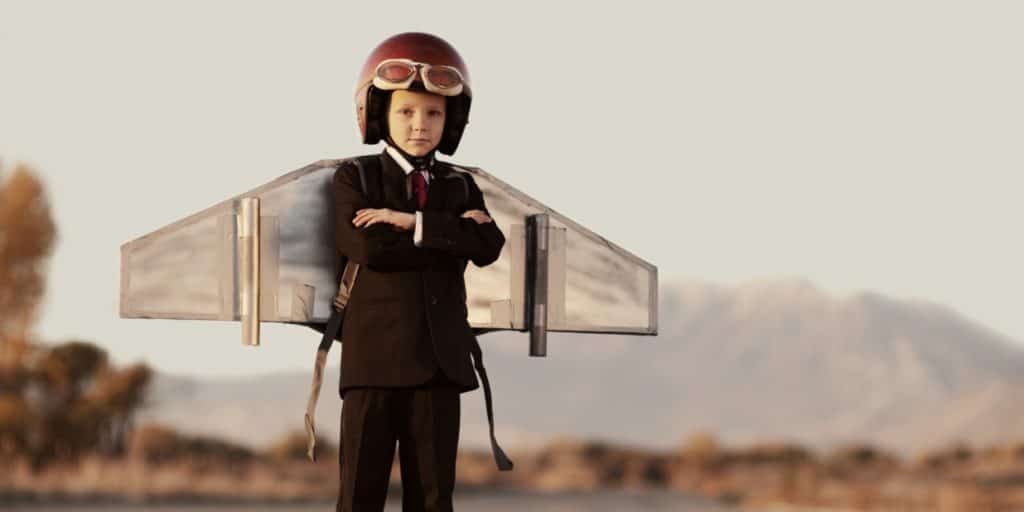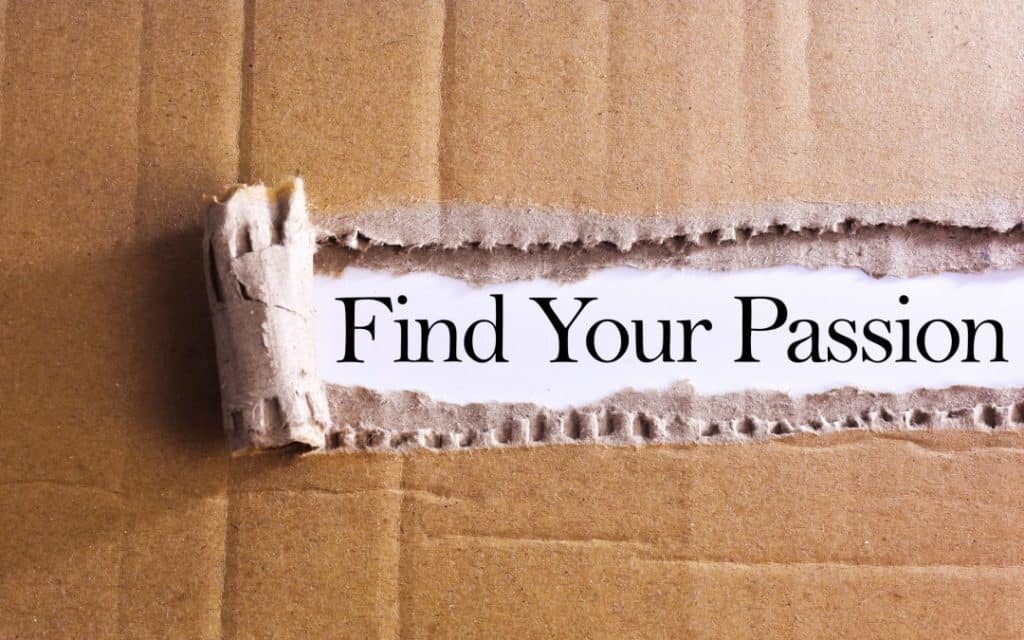We’re an average family with two kids, two dogs and one messy house. Our kitchen counters attract a mess, clothes gather on the floor and the pantry is a puzzle.
While I am type “A” and love organization, my family does not. In the words of Family Guys’s, Peter Griffin, you know what really grinds my gears? A mess!
To deal with these daily frustrations I would either ignore it, clean it or get upset. But a month ago, something changed. My wife, got outside help. A team of professional organizers came in to help solve the problem.
The process is time consuming, but worth it. They force you to “edit” everything you have. They say things like:
- “Keep the memory, get rid of the memento.”
- “Do you need 10 black sweaters?”
- “Why are you hanging on to _____.”
It can be painful to let go, but this a critical step. By having someone else question you, the decisions are easier.
Next they look at your routine. Based on how your habits, or on ones they recommend, they create an organization plan. On their next visit, the real fun starts. They organize, label and put everything back.
Everything has a place. If something is out and it doesn’t have a place, you either get rid of it or decide it needs a home. That is the process. Now, here is the impact.
- Less stress
The bigger the mess, the more stress. By decluttering and organizing what’s left, everything has a place. If something is out, it screams to put back. Our entire family finds it a lot easier to keep things clean. Now, walking in after work and seeing a clean house is amazing. Jamie feels the same way. It is a joy being in a clean house. - Save time
Big messes always take longer to clean. Since everything has a place, it is easier to keep up with the process. By eliminating the big mess, you save hours of cleaning time every week. - Save money
If you looked at the expiration date at the food in your kitchen, how much would you have to throw out? How often do you buy that one item you think you need, only to find a second one buried in the fridge a week later? For the record, we found four containers of hummus. When everything has a place and is visible, you see how little you need to buy. On top of that, you use what you have and stop throwing money in the trash. Don’t take my word for it. The American Chemistry Council found the average household throws out $640 of food each year. - Make money
As part of this process, you’ll have piles of stuff you can sell. For me it was my camera equipment, an old scanner, nice coats I never wear and more. Luckily, selling used goods is easier than ever. Here are my top recommendations: Amazon Trade In, Facebook Marketplaces, Craigslist, ThredUp. - Buy less
Going through this process creates an incentive to never to do it again. Also, knowing every item has a place gives you pause before pressing the buy button. You rethink what is a need vs a want. Furthermore, you always know what you have. Buying that cute outfit for your kids because you thought they needed it, will stop. Those $100 trips to Target will be a thing of the past. - Give back
A big part of the decluttering process meant 6 trips to the Goodwill. Not only do the donations help us, they help the local community as well. Don’t forget to track the value of your donations, it can mean big money come tax time. - Create focus
Another benefit of a decluttered house, is a decluttered mind. You don’t waste mental energy on the mess and instead focus on the things that matter. The stress, anxiety, constant to do lists all evaporate when you declutter and keep up with things. - Build confidence
At the beginning of this process it feels overwhelming. Once you succeed with a closet, a pantry, a room, it gives you confidence to keep going through the house. That confidence overflows into other areas of your life. What other projects seem overwhelming that you haven’t started? Now is the time to take the first step. - Teach life lessons
This process is a wake up call for adults. It also benefits the kids. It starts with learning about organization and cleanliness. They start to realize that if something doesn’t have a place, they may not need it. My guess is they feel the stress of a dirty room as much as we do. Or they feel the stress of having to clean a huge mess. Either way, the process helps them as much as us.
It’s a shame what we do to ourselves and what we inadvertently teach our children. We love to consume. The desire to buy offers a momentary shot of joy, but then becomes an anchor to long term happiness. Don’t believe me? Check out these stats:
- Americans have an average of 300,000 items in their homes
- 1 out of ten Americans rent storage units (the fastest growing commercial real estate segment in the last four decades)
- The average ten year old owns 238 toys, but only plays with 12
- Americans throw away 65 pounds of clothing per year
The cycle is deadly. We work more, so we can buy more, only to store more, then one day throw out more or buy a bigger house or more storage. All along the way we create daily stress and distractions that take us away from what is important. The cost of each purchase is far more than what is on the price tag.
This process has changed our lives and I hope it changes yours. Like most things in the life, the more you put in, the more you will get out. Regardless, ever ounce of happiness you unlock is a gift that keeps on giving.



